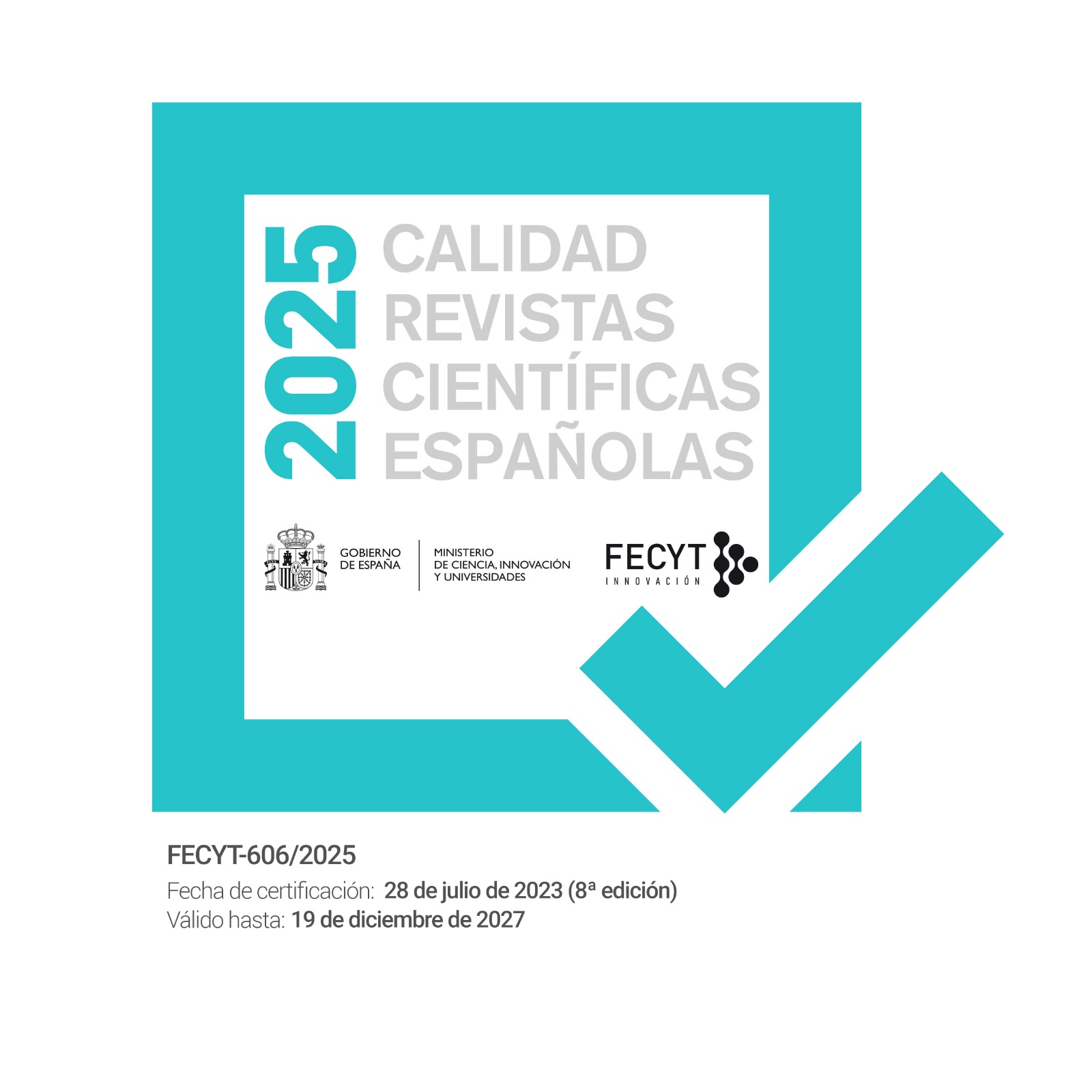The hybrid construction of a European form of penal thinking. From Italian positivism to the birth of French criminology Reception, resistance and appropriation
Palabras clave:
Lombroso, Tarde, Lyon school, Lacassagne, French criminology, 19th century, dangerousnessResumen
How did France welcome the work of Cesare Lombroso? In this article, our aim is to probe how positivist ideas were received, whether there was any resistance to them and whether they were appropriated, even indirectly. In particular, we will consider the reception by the legal community at large. Starting with the successful seduction and the first criticisms of his ideas, we would like to examine the relative tension between Lombroso and (both well- and lesser-known) French legal experts. In so doing, we will pay special attention to the works of Gabriel Tarde and Paul Dubuisson, both of whom studied Lombroso. With the French school, we have a kaleidoscopic range of criminological understandings from the time, including not only the biological explanation but also, above all, the social explanation. Based on this reception, opposition and reciprocal construction, we show how criminology in France, despite facing difficulties, asserted itself in the systems, the policies and the laws while borrowing from Italian conceptions, often despite principled opposition; this was the case, for example, of the notion of “dangerousness”, which was at the heart of France’s 1885 law on the relegation of recidivists.
Descargas
Descargas
Publicado
Cómo citar
Número
Sección
Licencia
Creative Commons Reconocimiento-NoComercial-SinObraDerivada 4.0 España (CC BY-NC-ND 4.0 ES)




